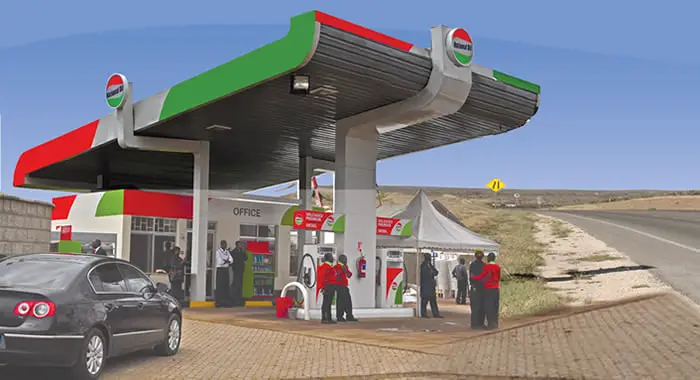Transport, Infrastructure, Housing and Urban Development Cabinet Secretary James Wainaina Macharia has proven not very comfortable with receiving open, honest criticism from members of the public.

Anyone who dares question the CS through any of his social media handles is instantly blocked and reported.
On Monday morning, Kenyan blogger Robert Alai called out the Kenya Police for tear gassing Nyayo Estate residents who had hit the streets to protest against poor roads in the area.
He went on to ask Nairobi Governor Mike Sonko, the Kenya Urban Roads Authority and Transport Minister James Macharia why they couldn’t just heed the citizensʼ cries and fix the roads.
For that, and many previous tweets, Alai would soon become the latest user on Macharia’s block list.
https://twitter.com/RobertAlai/status/1201412167104389120?s=20
https://twitter.com/RobertAlai/status/1111192495378128896?s=20
https://twitter.com/RobertAlai/status/983981195632562177?s=20
In a response shortly after, Alai rightfully reminded Macharia through ICT Minister Joe Mucheru that public officials are completely out of order when they block citizens – whom they are answerable to – on social media.

Mr. Macharia is not a man shy from scandals and controversy.
To some people, the former Cabinet Secretary for Health sounds experimental at the helm of, perhaps the country’s most powerful ministry.
To others, they just don’t understand why he still retains a high State office.
Projects valued at more than Ksh. 100 Billion have stalled under his tenure. He has failed to deliver key infrastructure such as bridges, highways, seaports and airports despite the projects being heavily touted as vital to the development agenda.
Civil servants and police continue to endure deplorable housing as plans to build them modern apartments continue to collect dust in Government offices.
There were 545 stalled projects valued at Ksh. 366 billion as of June last year, according to a report by the Parliamentary Budget Office (PBO).
Eighty-seven of these projects valued at around Ksh. 100 billion fall under Macharia’s docket.
In the Ministry of Transport, Housing and Public Works, Ksh. 79 billion worth of projects are still awaiting implementation.
Macharia has over time failed to respond to questions on why his ministry is weighed down by so many unfinished projects.
Some of the projects such as the Ksh. 56 billion Greenfield Terminal at the Jomo Kenyatta International Airport have not simply stalled, they were killed when it became clear that they could not be executed.
Then there are grandiose projects like the Lamu Port-South Sudan-Ethiopia-Transport Corridor that have continued to chew through billions of shillings of taxpayers’ money without any signs of when they will ever show a return on investment.
The Bus Rapid Transit system recently joined the list of projects hastily cobbled together, including the Nairobi Metropolitan Regional Plan, which has never left the paper it was drafted on.
Promises to re-develop Nairobi’s Eastlands, which includes estates such as Makongeni, Kaloleni, Ziwani, Shauri Moyo and Jericho, now sound like a broken vinyl disc.
In Mombasa, construction of the Ksh. 40 billion Kipevu Oil Terminal has had its fair share of scandals even as it has progressed in fits and starts over the past three years.
The PBO said poor implementation processes and inherent weaknesses in project appraisal and management have resulted in delayed returns to the economy, leading to less-than-desired economic performance.

















































